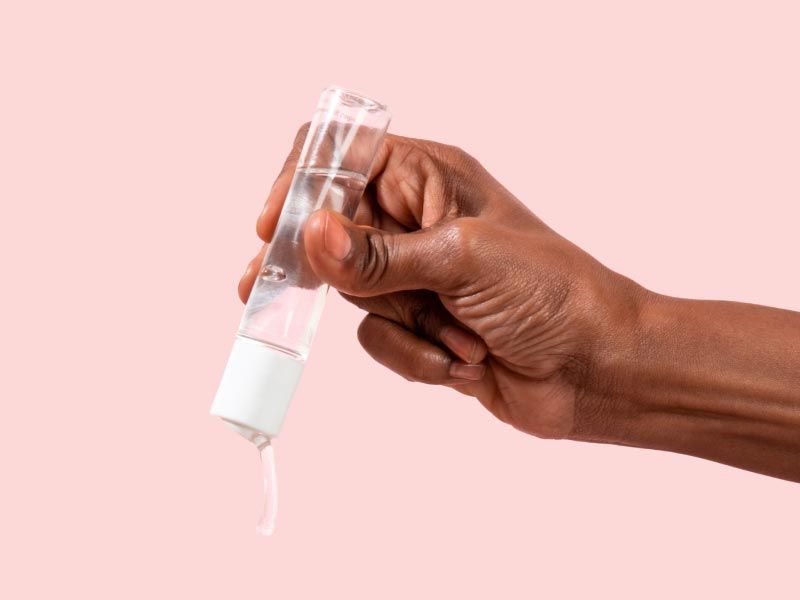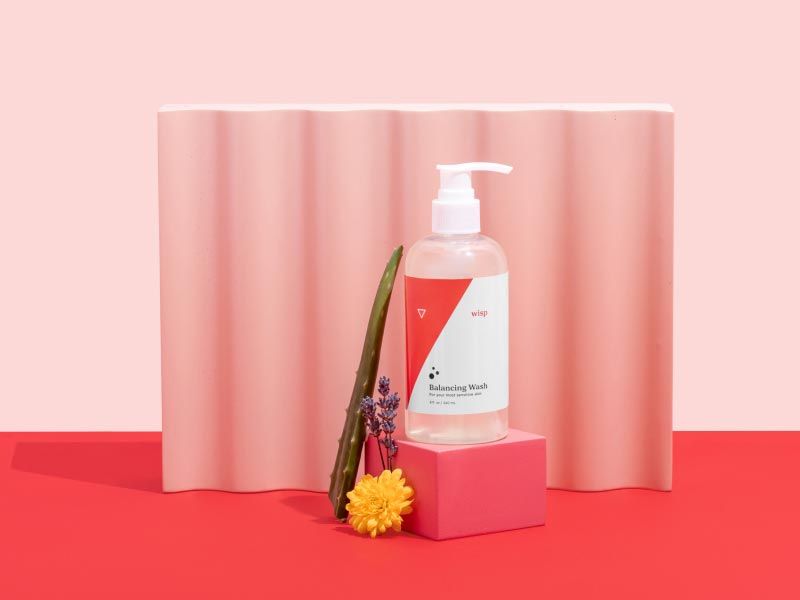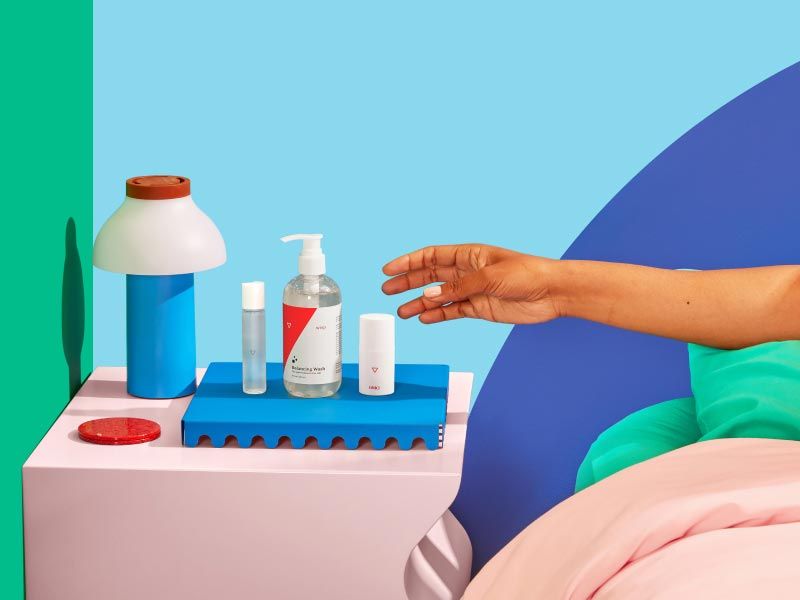
What Happens When Your
Vaginal pH Balance is Off?
By Kathleen Morrison
October 31, 2021
You may have seen a lot of phrases like “vaginal pH” and “pH balancing” in ads and commercials for soaps, wipes, and douches that claim to be good for your vagina. Isn’t pH something we measured in chemistry? What could it have to do with your vagina? We’ve got the scoop.
What is vaginal pH?
pH is a scale of measurement between 0 and 14.0 that measures how acidic or basic something is. A completely neutral pH sits right in the middle at 7.0 (the water you drink will typically be right around 7). Acids tend to taste sour (think lemons and limes — very acidic) while bases are quite bitter (if you’ve ever gotten soap in your mouth, you’ll remember its nasty, bitter taste). Vagina and vaginal fluids tend to sit on the acidic end of the spectrum — a person in their reproductive years typically has a vaginal pH between 4.0 and 4.5. This relatively low pH helps kill off bacteria and prevent infections. However, if this vaginal pH becomes disrupted from sex, a sudden lifestyle change, or a change in soap or detergent, it makes it easy for infections like bacterial vaginosis or yeast infections to take hold.
How do I keep my vagina’s pH balanced?
When it comes to your vagina, less is more. Vaginas are self-cleaning so you should definitely pass on overhyped douching products that are meant to be used internally. Douches often claim to manage odor or keep things “fresh,” but in reality, these products are likely to leave you with more problems, not less. In fact, douching can actually increase your risk of yeast infections, bacterial vaginosis, and even STIs.
But that doesn’t mean you shouldn’t wash your vagina at all. Washing your vulva and the skin around your genitals helps get rid of sweat and bacteria, and it just feels nice. You just have to be making sure you’re using the right products! Stay away from heavily scented soaps and anything with dyes. Remember: less is more. To keep it simple, Wisp created our own Balancing Wash that’s approved by a licensed medical provider with natural ingredients that are gentle on your most sensitive skin. No added fragrance or dyes, just what you need to clean up and stay healthy.
How do I maintain pH balance during sex?
Sex is one of the most common activities that can trigger BV, UTIs, and yeast infections. Think about it: it’s messy, it involves another person’s germs, and there’s often a decent amount of friction and irritation on very delicate skin. Lube is one way to ease the irritation that can be brought on by sex. As we mentioned before, it’s important to stay away from fragrances and flavors — these ingredients tend to cause irritation and many people are often allergic (not quite the spice you were hoping for in your encounter). Wisp’s silicone-based Harmonizing Lube skips the BS to deliver a silky smooth sexual experience (it’s waterproof too!). It’s formulated to be non-irritating and perfect for those with sensitive skin. Plus, you can never have too much — lube can increase pleasure for everyone involved.
What can my partner do to help?
Since sex is a major trigger for all kinds of different issues down there, you may be wondering what your partner can do to help you prevent infections and irritation.
- Keep it clean — Washing your hands, or even showering together, before sex will help limit the amount of bacteria that can be introduced into your vagina during sex and penetration. Introduce your partner to Wisp’s Balancing Wash and have them integrate it into their routine too! You can both feel confident that you’re fresh and clean before getting dirty.
- Get into the nooks and crannies — Make sure your partner is thorough in cleaning their penis, especially if they are uncircumcised (that means pulling back the foreskin to clean off any trapped skin cells and fluid — that takes more than a 30-second shower!). Foreskins can hold bacteria when not regularly cleaned which can become a problem for both the penis-haver and their partner(s). Uncircumcised people can more easily develop yeast infections underneath their foreskins with symptoms that include itching or burning, red rash, sometimes white, shiny patches on the penis, and a thick white substance may be found under the foreskin or other folds of skin. If your partner has one, it’s possible for it to be passed to you!
- Cozy up to lube — Sexual lubricants help keep irritation to a minimum, but just say no to edible lubes, or lubes that claim to add a little extra tingle. Those types tend to include ingredients that many people are allergic or sensitive to. Stick to labels that include words and phrases like “hypoallergenic” and “good for sensitive skin” (like our Harmonizing Lube!).
There are plenty of ways both you and your partner can keep your vaginal pH balanced, and your vagina happy and healthy. Follow us on IG @hellowisp for more tips, advice, and nuggets of knowledge.
Get Vaginal Treatments Online
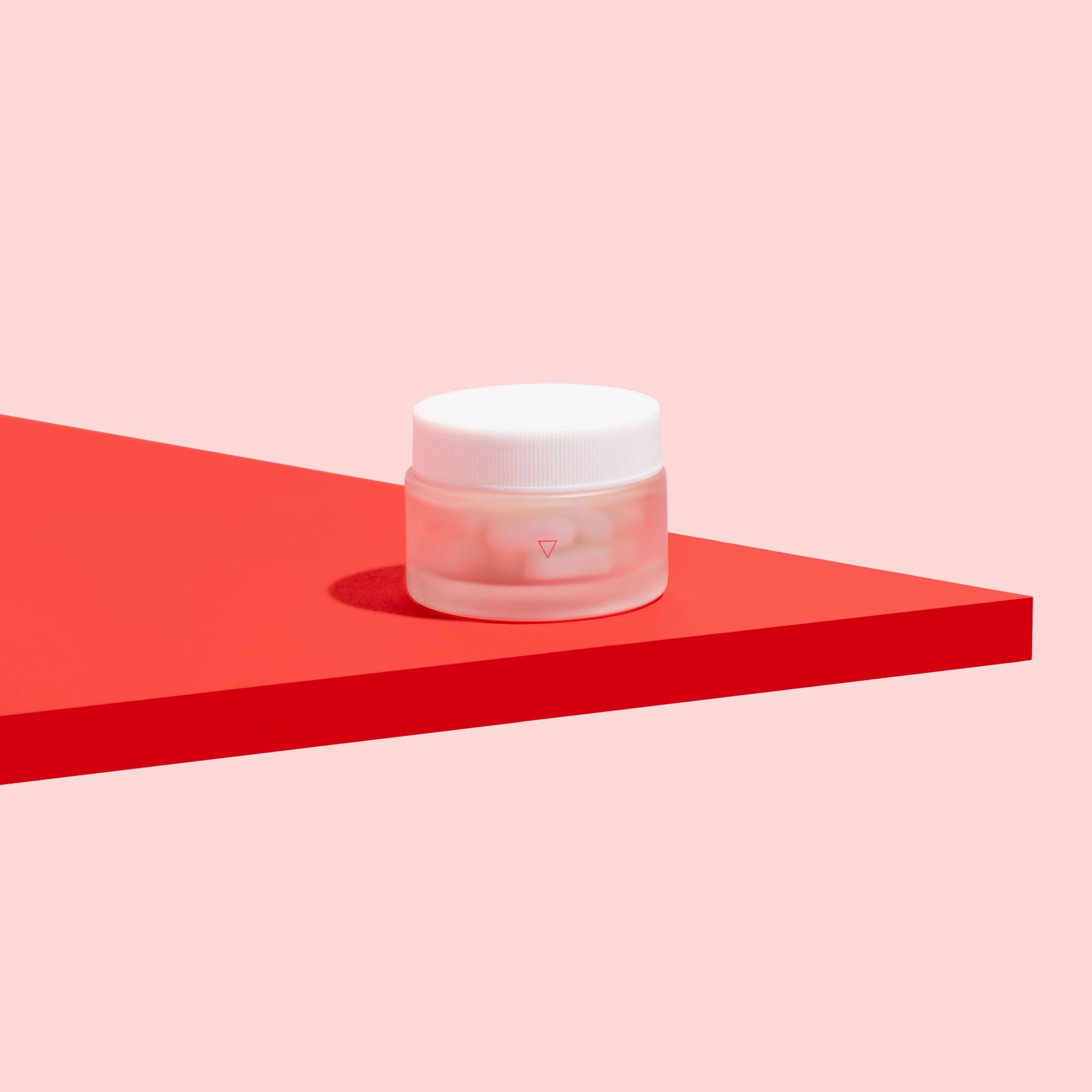
BV Antibiotics (Tablets or Gel)
Request topical or oral prescription antibiotics to treat bacterial vaginosis.
Starting at $15.00
Get Started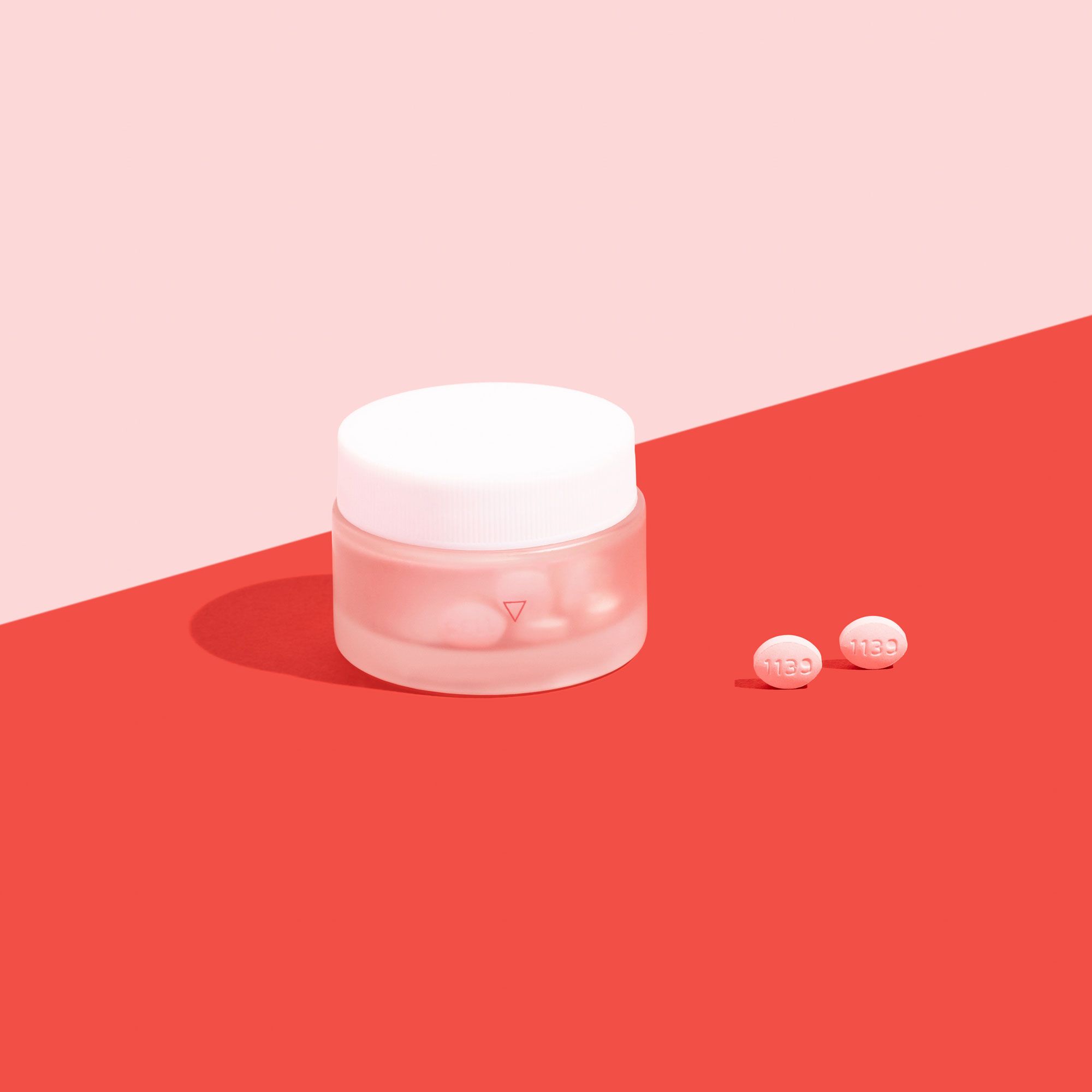
Fluconazole (Diflucan) 150mg
The most common prescription antifungal used to treat vaginal yeast infections.
Starting at $15.00
Get Started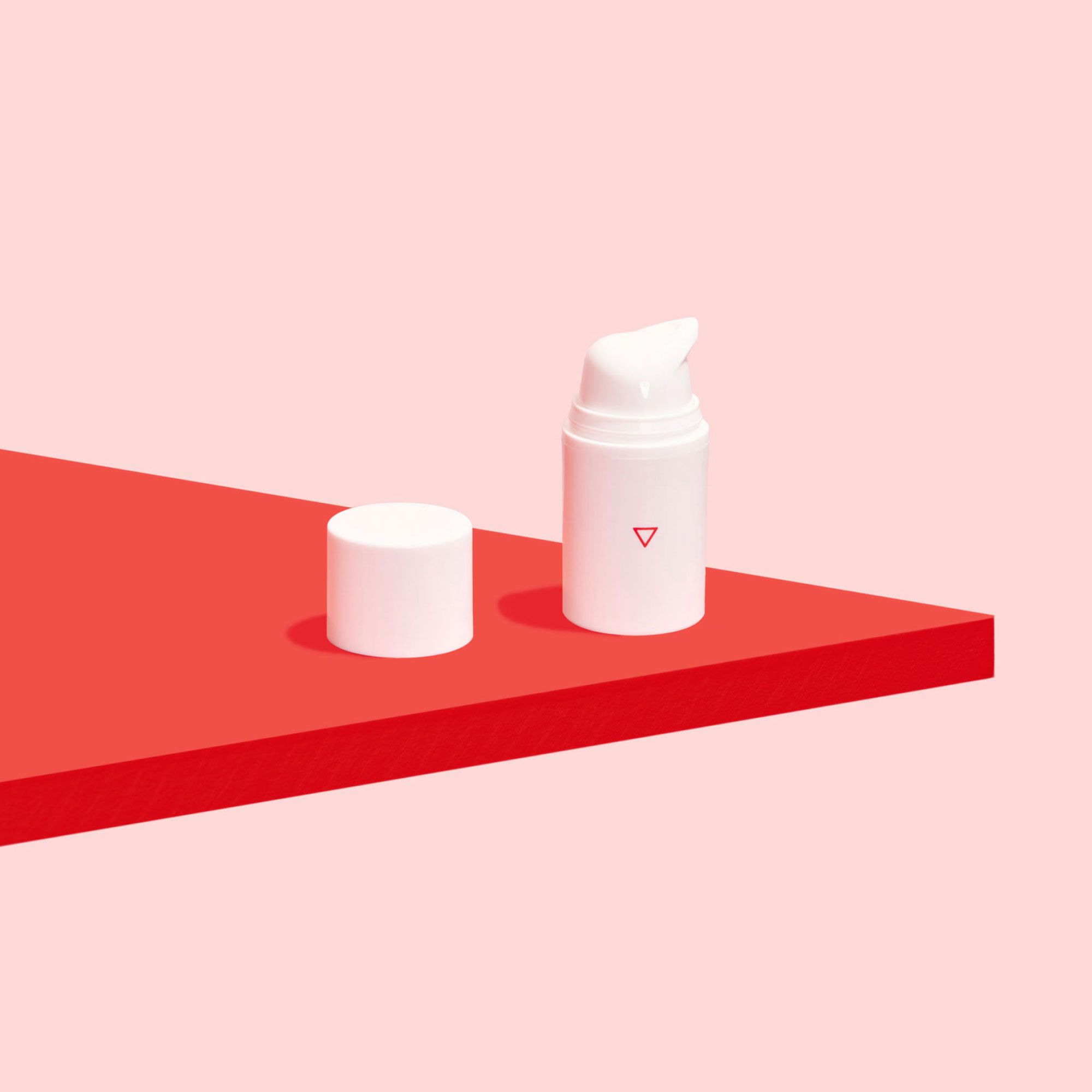
Calm Down! Instant Itch Relief for BV & Yeast
Prescription cream used to relieve uncomfortable symptoms of BV and Yeast.
$36.00
Get Started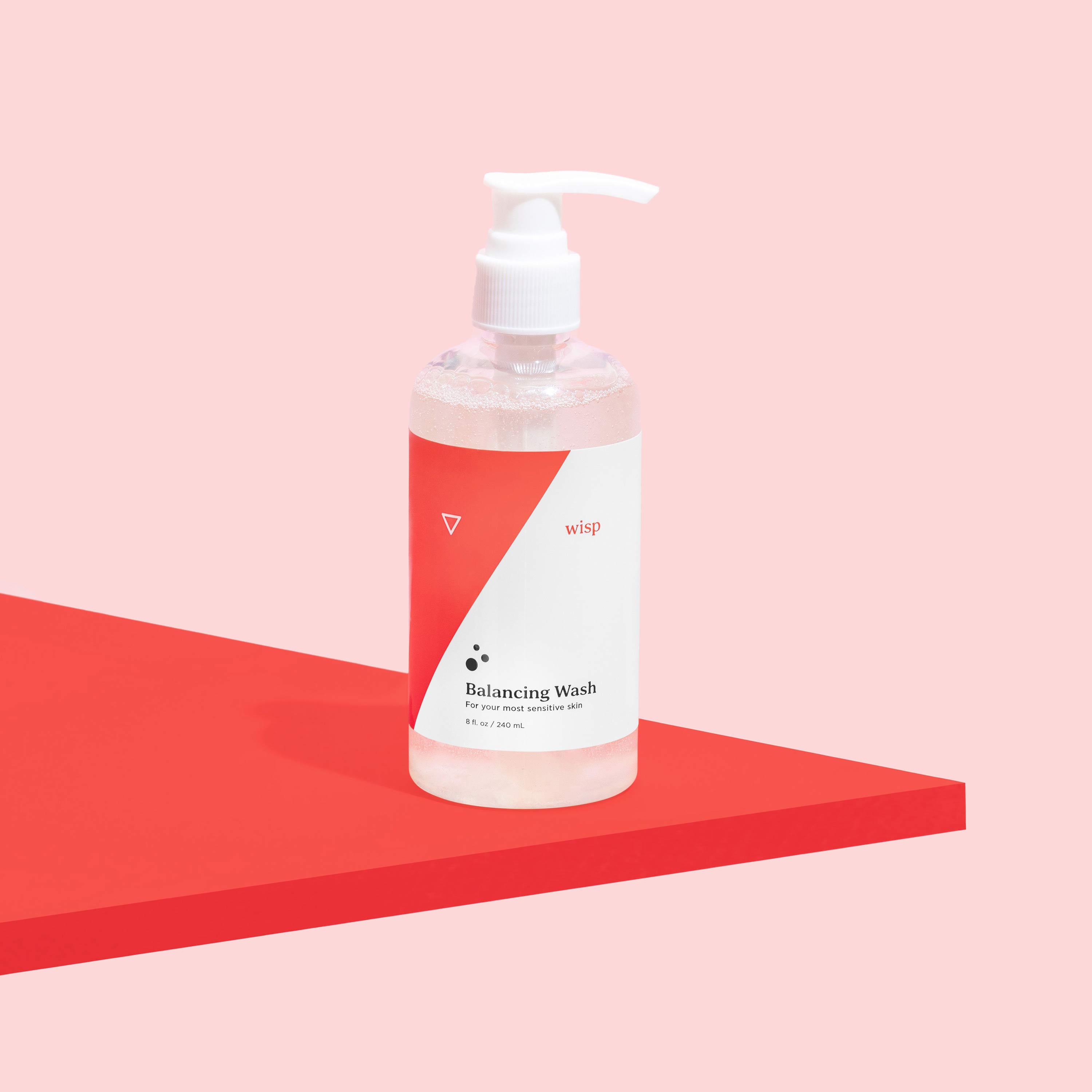
Balancing Wash
A gentle cleanser for your most sensitive skin. No dyes or artificial fragrance.
Starting at $14.00
Get Started